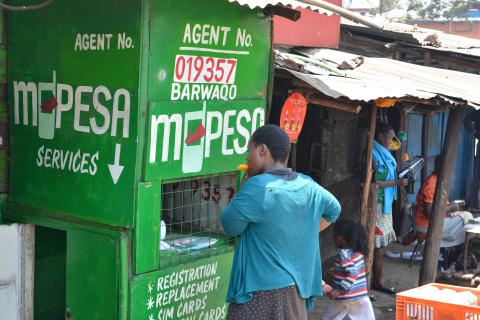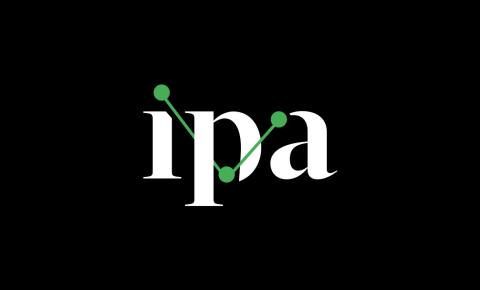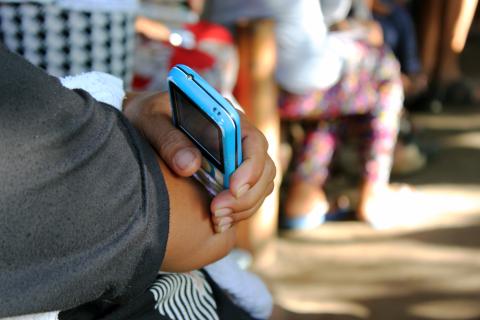Related Content
Consumer Protection Research Initiative
Using data to monitor markets and test scalable solutions to financial consumer protection issues
Transaction Cost Index
A multi-country index measuring mobile money and bank account transaction costs in emerging markets
Interoperable Payment Systems
Measuring the impact of pro-poor interoperable payments systems
Women’s Economic Empowerment
Improving economic outcomes for women through increased financial inclusion and financial decision-making power
Savings
Improving savings outcomes through better product design and lessons from behavioral economics
Credit
Enhancing the impacts of microcredit on individual, household, and business outcomes















